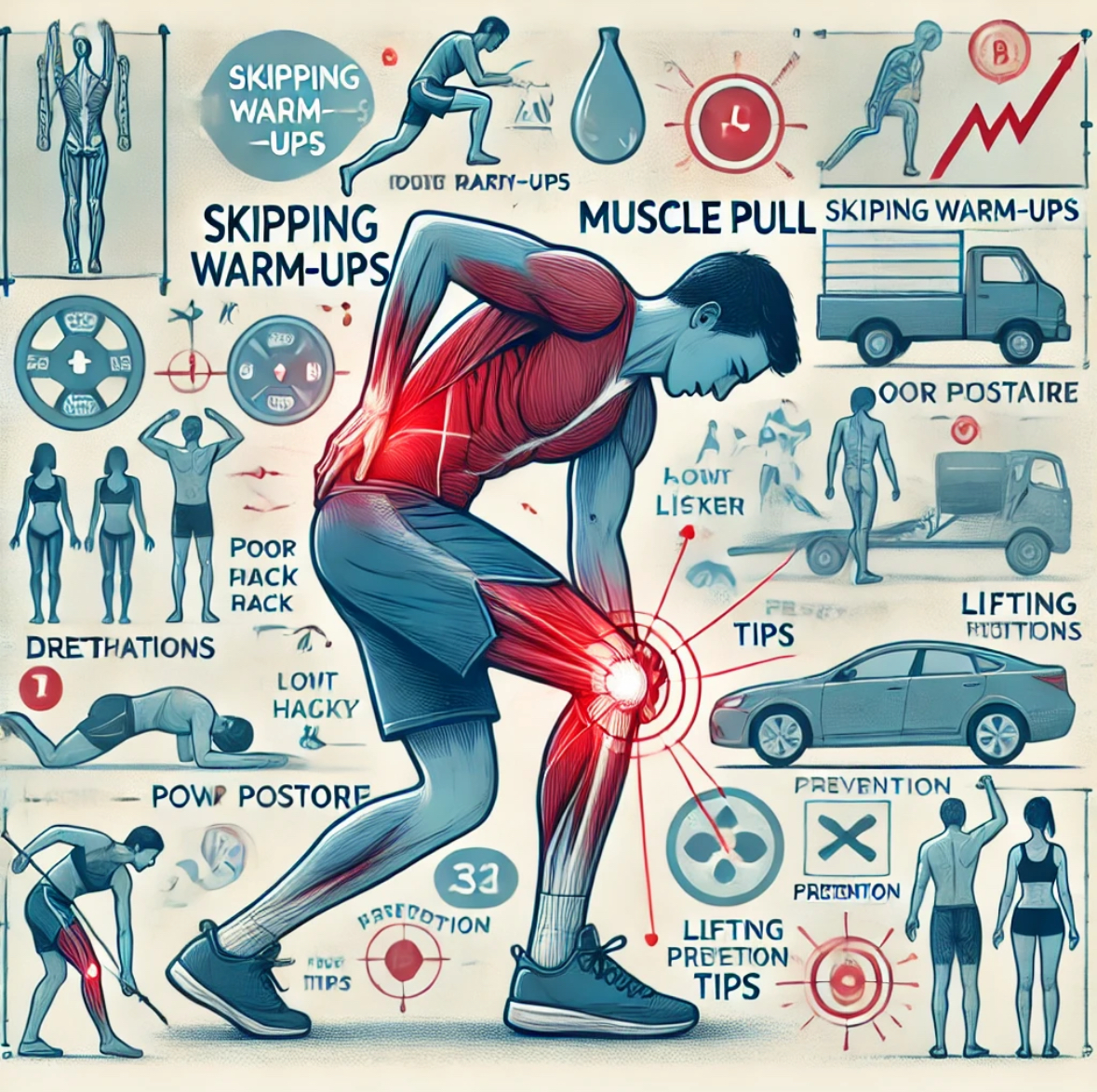“After the Party Comes the Purge” – Why You Fall Sick After Celebrations & How to Stay Healthy This Easter
Celebrations like Easter are a time of joy, food, and bonding—but let’s be honest, they’re also a time of excess. From heavy meals to sugary drinks and late nights, it’s no surprise that many people wake up the next day feeling bloated, sick, or running to the toilet. So, why does this happen, and how can you enjoy the season without your stomach turning against you?
1. Overeating and Overdrinking:
During celebrations, we tend to eat much more than usual. Rich foods, multiple rounds of meat, soda, and alcohol can overwhelm your digestive system, causing indigestion, stomach upset, and yes—purging.
2. Mixing Too Many Things at Once:
Ever had rice, cake, salad, wine, and meat—all in one sitting? That’s a recipe for disaster. Your gut needs time and balance to digest meals, and combining too many varieties at once can throw your system off balance.
3. Poor Food Hygiene:
Some of the meals you enjoy during events might be prepared in a rush or stored poorly. Contaminated food or drinks can introduce harmful bacteria into your system, leading to food poisoning or diarrhea.
4. Stress and Lack of Sleep:
As strange as it sounds, celebrations can be stressful. Planning, cleaning, traveling, and hosting can wear you out. When your body is tired and stressed, your immune system weakens, making you more prone to illness.
So, how can you stay healthy this Easter?
Eat mindfully: Enjoy your meals, but don’t overload your plate. You can taste everything without eating everything.
Hydrate well: Water is your best friend. It helps digestion and prevents the dehydration that sugary drinks and alcohol can cause.
Watch food hygiene: Stick to freshly made, properly stored food and clean water.
Balance is key: If you know you’ll be eating heavy meals, balance it out with fruits, vegetables, or lighter options during the day.
Rest: Don’t forget to sleep. Your body repairs and resets when you rest.
Final thoughts:
Celebrations should bring joy, not sickness. By being just a little more conscious of what you eat and how you rest, you can fully enjoy the Easter holiday without dealing with the unpleasant “after party” symptoms.
“After the Party Comes the Purge” – Why You Fall Sick After Celebrations & How to Stay Healthy This Easter
Celebrations like Easter are a time of joy, food, and bonding—but let’s be honest, they’re also a time of excess. From heavy meals to sugary drinks and late nights, it’s no surprise that many people wake up the next day feeling bloated, sick, or running to the toilet. So, why does this happen, and how can you enjoy the season without your stomach turning against you?
1. Overeating and Overdrinking:
During celebrations, we tend to eat much more than usual. Rich foods, multiple rounds of meat, soda, and alcohol can overwhelm your digestive system, causing indigestion, stomach upset, and yes—purging.
2. Mixing Too Many Things at Once:
Ever had rice, cake, salad, wine, and meat—all in one sitting? That’s a recipe for disaster. Your gut needs time and balance to digest meals, and combining too many varieties at once can throw your system off balance.
3. Poor Food Hygiene:
Some of the meals you enjoy during events might be prepared in a rush or stored poorly. Contaminated food or drinks can introduce harmful bacteria into your system, leading to food poisoning or diarrhea.
4. Stress and Lack of Sleep:
As strange as it sounds, celebrations can be stressful. Planning, cleaning, traveling, and hosting can wear you out. When your body is tired and stressed, your immune system weakens, making you more prone to illness.
So, how can you stay healthy this Easter?
Eat mindfully: Enjoy your meals, but don’t overload your plate. You can taste everything without eating everything.
Hydrate well: Water is your best friend. It helps digestion and prevents the dehydration that sugary drinks and alcohol can cause.
Watch food hygiene: Stick to freshly made, properly stored food and clean water.
Balance is key: If you know you’ll be eating heavy meals, balance it out with fruits, vegetables, or lighter options during the day.
Rest: Don’t forget to sleep. Your body repairs and resets when you rest.
Final thoughts:
Celebrations should bring joy, not sickness. By being just a little more conscious of what you eat and how you rest, you can fully enjoy the Easter holiday without dealing with the unpleasant “after party” symptoms.













